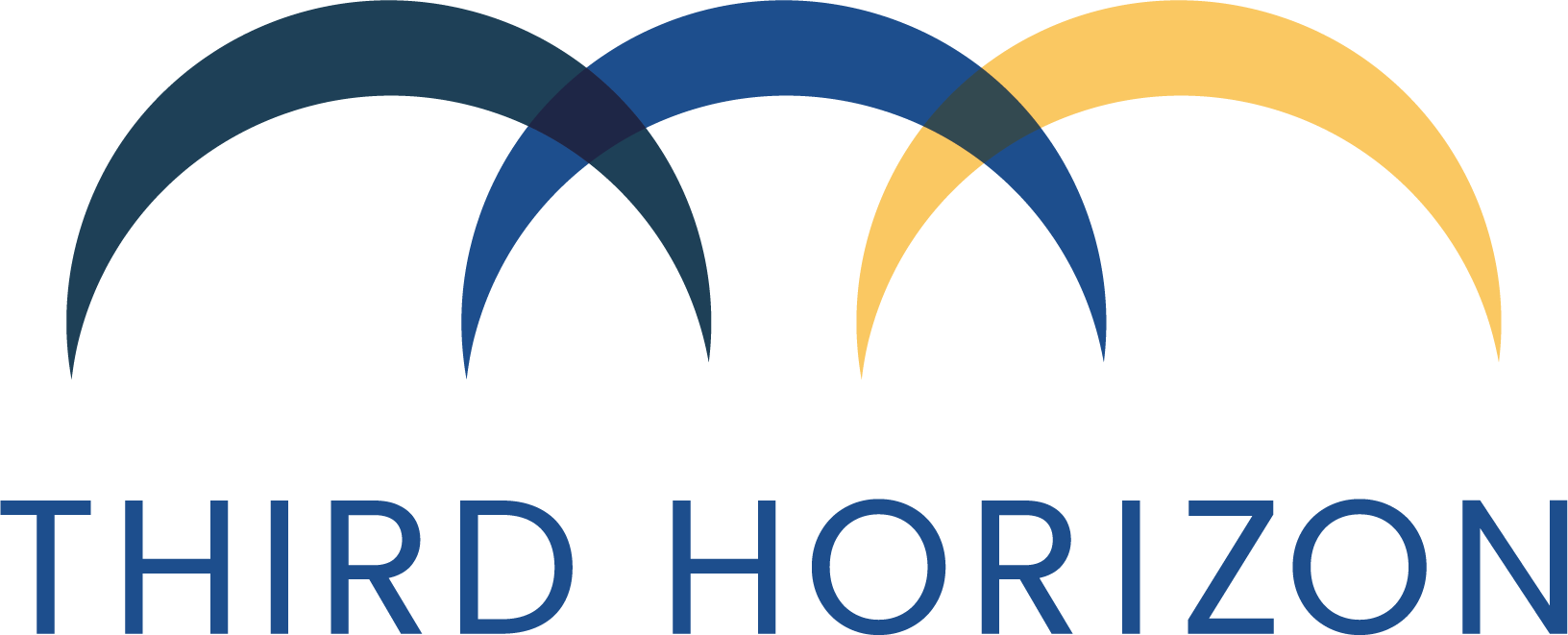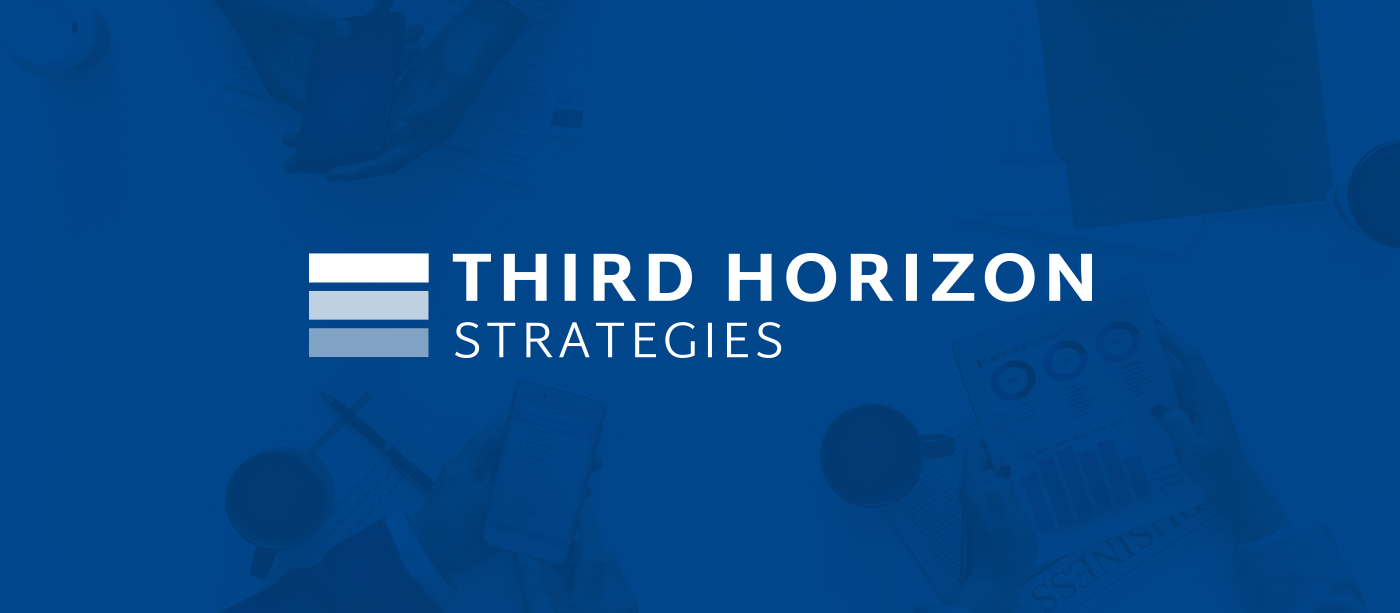TOP NEWS STORIES
Access & Coverage:
Indiana announced that the federal government granted the state an
unprecedented 10-year extension to its Medicaid expansion program that requires
beneficiaries to work and pay premiums. The waiver extension is more than twice as
long as the three- to four-year period that the CMS normally provides to state programs.
The extension will give Indiana additional time to collect data on the programs offered
through the Healthy Indiana Plan, started in 2007, and evaluate how well they are
working. (Article here)
D.C. News:
The Senate officially confirmed Judge Amy Coney Barrett as a U.S. Supreme
Court justice in a 52-48 vote. Every GOP senator voted for Barrett’s confirmation
except Senator Susan Collins, who joined Democrats in arguing that the nomination of a
new justice should be made by whomever wins the presidential election on November 3.
Barrett’s confirmation solidifies the court’s conservative majority, potentially shaping the
future of abortion rights and health care law for generations. Chief Justice John Roberts
will administer the Judicial Oath to Barrett in a private ceremony today, after which she
could start work at the Supreme Court. (Articles here, here, here, here, here, here, and
here)
2020 Election:
Two agencies of the Department of Homeland Security are preparing for the
possibility of civil unrest as next week’s contentious election inches closer.
Immigration and Customs Enforcement is putting personnel on standby, and Customs
and Border Protection has been regularly training personnel since agents were
controversially deployed this summer to respond to unrest in U.S. cities. (Article here)
Health IT:
Inequities and SDOH:
Life Sciences:
The National Institute of Allergy and Infectious Diseases (NIAID) stopped a clinical
trial testing a combination of Eli Lilly & Co.’s COVID-19 antibody drug and Gilead’s
remdesivir as a treatment for hospitalized COVID-19 patients after an independent
review found a “lack of clinical benefit.” Lilly said the drug still has potential to help
people before they’re hospitalized with COVID-19, while NIAID said it plans to test other
experimental drugs as COVID-19 treatments in the study. (Articles here and here)
M&A:
Intermountain Healthcare and Sanford Health announced the two companies
signed a letter of intent to merge. If the deal is approved, the combined organization
would operate 70 hospitals, run 435 clinics across seven states, provide senior care and
services in 366 locations in 24 states, and insure 1.1 million people. In a call with
reporters, Sanford Health’s CEO Kelby Krabbenhoft noted that the insurance piece was
a driving factor in their decision to merge with Intermountain Healthcare. (Press release
here; Articles here and here)
Opioid/Substance Use Disorders:
The American Academy of Pediatrics (AAP) released new guidelines about opioid
use in pregnancy aimed at improving care for women and newborns affected by
their mothers’ drug use. In a report released Monday, the AAP states that the number
of affected women and infants has increased in recent years, but they often don’t get
effective treatment – a problem that could be worsened by the COVID-19 pandemic. The
AAP advises that pregnant women have access to opioid medication to treat opioid
misuse and that hospitals should have written protocols for assessing and treating
opioid-affected newborns. (Press release here)
Payers:
A new report from UnitedHealth Group (UHG) found that improving members’
health literacy could lead to billions in savings. According to the report, seniors living
in counties with the highest health literacy got 31 percent more flu vaccinations; had 13
percent lower health care costs per beneficiary; and had 26 percent fewer avoidable
hospitalizations, 18 percent fewer emergency department visits, and 9 percent fewer
hospital admissions. UHG estimates that if a significant focus was put on improving
health literacy, Medicare could save $25.4 billion each year and could avoid 993,000
hospital visits. (Article here)
The Trump administration plans to cover the cost of COVID-19 vaccines for people
insured through Medicaid or Medicare, a policy shift given the Medicare program
doesn’t currently cover drugs permitted under emergency use authorizations.
According to four sources, an announcement is expected this week. The plan, which has
been in development for weeks, will also address other issues, such as expanding
flexibility for Medicaid patients seeking COVID-19 treatment. (Articles here and here)
Providers:
Public Health/Prevention:
Nearly 800,000 U.S. children have had COVID-19 this year, according to the
American Academy of Pediatrics (AAP), with children making up roughly 1 in 10 of
the country’s 8.4 million infections. Cases among children surged 14 percent October
8-22, but hospitalizations and deaths have been rare. To make sure children’s wellbeing
needs are met amid the pandemic, the AAP also released new interim guidance on”
Supporting the Emotional and Behavioral Health Needs of Children, Adolescents and
Families During the COVID-19 Pandemic.” (Articles here and here; Press release here)


